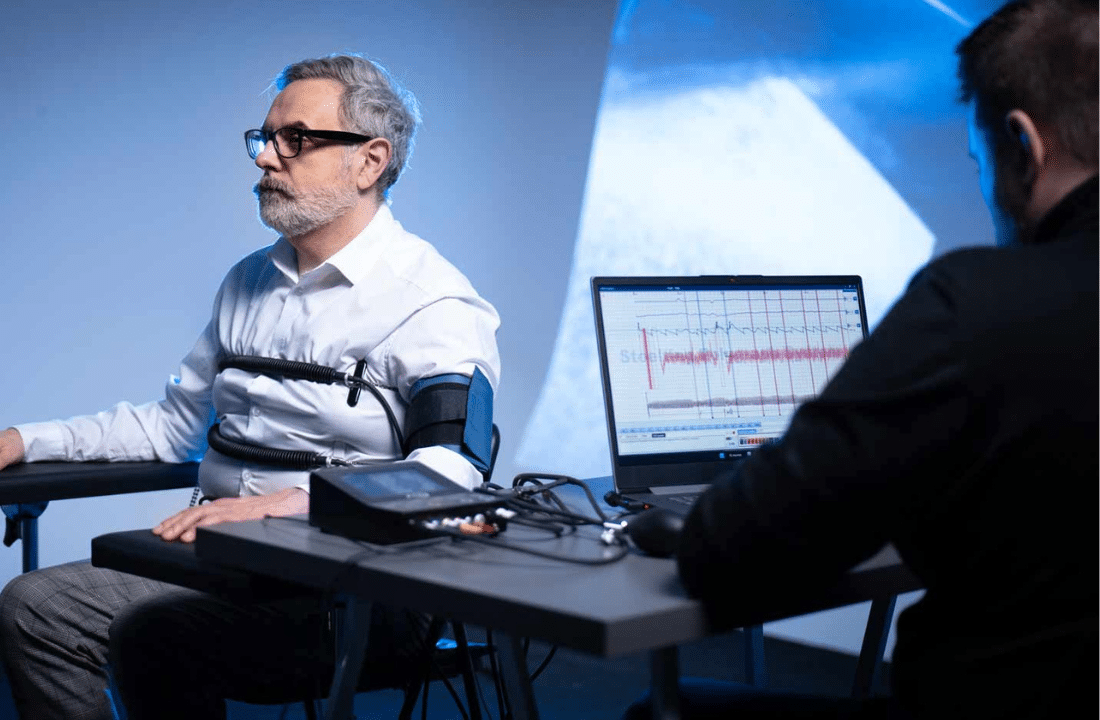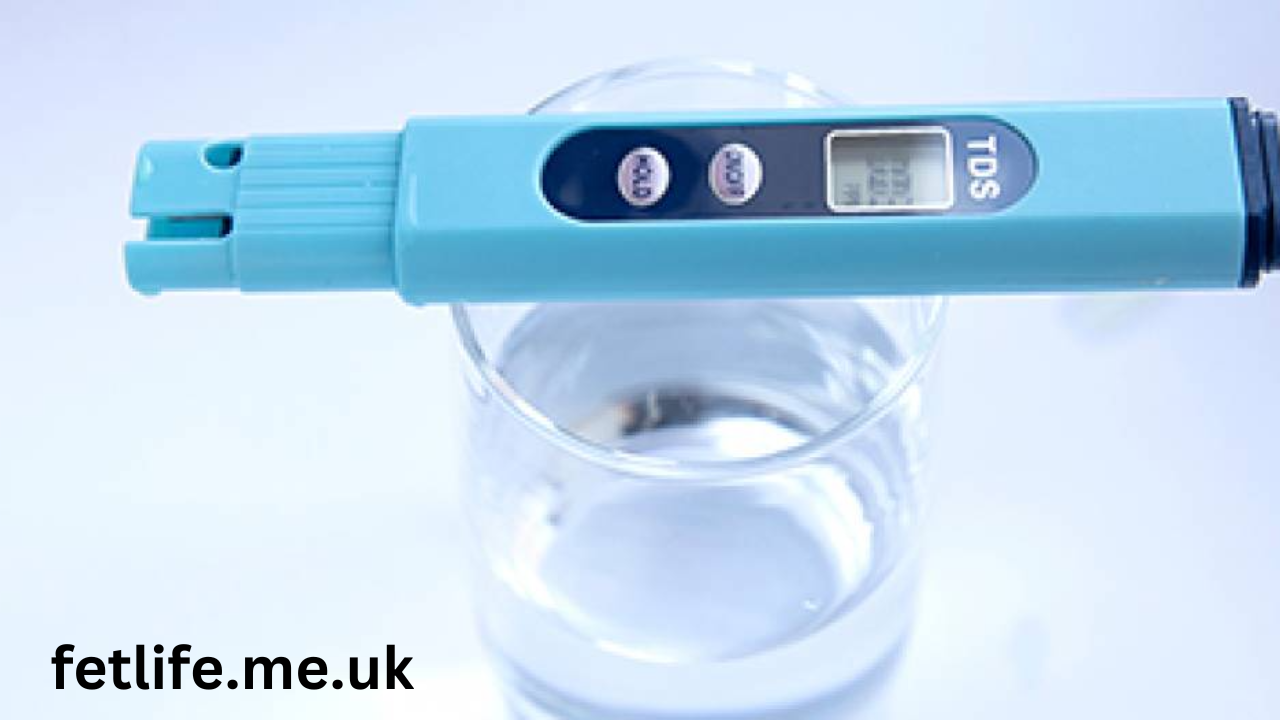The lie detector test (also known as a polygraph test) has become a widely debated tool used in various situations, including criminal investigations, workplace settings, and personal relationships. The Lie Detector Test UK market continues to grow, with people seeking answers to questions about honesty and truthfulness. However, with the increasing use of polygraph tests in the UK, ethical concerns are rising. Are these tests truly reliable? Can they be misused? And what implications do they have on individual privacy and human rights?
In this article, we explore the ethical considerations surrounding lie detector test in the UK, including their reliability, the potential for misuse, the legal and moral concerns, and whether they should be a standard tool for resolving conflicts and investigations.
How Do Lie Detector Tests Work?
Before delving into the ethical issues, it’s important to understand how a lie detector test works. A polygraph machine measures physiological responses such as heart rate, blood pressure, respiration, and skin conductivity while the person being tested answers a series of questions. The theory behind polygraph testing is that deceptive answers cause physiological changes due to stress or anxiety. However, these changes are not exclusively caused by deception; they can also be the result of nervousness, fear, or other emotional states.
In the Lie Detector Test UK context, individuals are often tested in controlled environments by licensed professionals. Despite the growing popularity of polygraph testing, the accuracy and reliability of the tests have been debated. There are concerns about whether these physiological responses truly indicate deception, and whether the tests can be manipulated or misinterpreted.
The Ethical Dilemma: Are Lie Detector Tests Accurate?
One of the primary ethical concerns surrounding lie detector tests is their accuracy. As already mentioned, polygraph tests are not foolproof. While some studies suggest they can be accurate up to 90%, others point to substantial flaws. There are multiple reasons why a polygraph test can yield inaccurate results. Stress caused by external factors, such as personal issues, anxiety, or medical conditions, can affect the physiological responses measured by the polygraph. Additionally, some individuals are able to control their physiological reactions, making it difficult to detect deception.
The ethical dilemma arises when these potential inaccuracies are ignored. Relying on lie detector tests as definitive evidence can lead to wrongful conclusions and serious consequences. For instance, a truthful person may be incorrectly branded as deceptive due to anxiety or nervousness, while a skilled liar may manipulate their responses to appear truthful. This raises questions about fairness and justice, particularly when polygraph results are used as a basis for important decisions, such as employment, legal matters, or relationship disputes.
Privacy and Autonomy: The Ethical Concerns of Polygraph Testing
Another major ethical issue with Lie Detector Test UK services is the potential violation of privacy and personal autonomy. Polygraph tests are invasive by nature, requiring individuals to disclose intimate details about their emotions and thoughts. For example, in the context of criminal investigations or workplace scenarios, people may be pressured into taking a polygraph test even if they don’t wish to.
In the UK, individuals undergoing polygraph testing must consent to the procedure, but concerns arise about whether people are truly making an informed decision. The pressure to undergo testing, particularly in high-stakes situations like criminal investigations or employment screenings, can compromise the autonomy of the person being tested. Additionally, individuals may not be fully aware of the psychological and emotional consequences that could result from a polygraph test. The potential to reveal personal information, even unintentionally, raises serious ethical questions about consent, autonomy, and the right to privacy.
The Risk of Misuse and Abuse of Polygraph Tests
A significant ethical concern with lie detector tests is the potential for misuse or abuse, especially in environments where individuals are vulnerable. One common example is in workplace settings, where employees may be coerced into undergoing polygraph tests to determine their involvement in alleged misconduct, such as theft or fraud. In these situations, the employee may feel pressured to take the test under the belief that refusal could lead to negative consequences, such as disciplinary action or job loss.
Similarly, in criminal investigations, law enforcement agencies may use polygraph tests as a tool to investigate suspects. While polygraph results can guide investigators, the use of these tests without proper safeguards can raise ethical concerns. Misuse of polygraph tests could lead to false accusations, wrongful detentions, or violations of individuals’ rights. Furthermore, there are concerns about using polygraphs to invade an individual’s privacy, especially when they are coerced into taking a test or if the test is used as a way of obtaining information beyond the scope of the investigation.
Legal and Moral Implications of Polygraph Testing
In the UK, lie detector test uk are not considered legally admissible as evidence in court. While they may be used in private settings, such as for personal or relationship issues, they hold little weight in legal matters. However, there are still legal and moral implications to consider when it comes to their use.
1. The Legal Framework
The fact that polygraph results are not admissible in UK courts means that they cannot be used as conclusive evidence in legal disputes or criminal trials. However, the ethical implications of using polygraphs for decision-making in these situations remain important. If law enforcement or employers use lie detector tests as a primary tool for determining guilt or innocence, it can undermine the fairness of the legal process.
Furthermore, there are concerns about the potential for discrimination or bias. If polygraph tests are used to assess individuals in criminal investigations or hiring processes, there may be a risk of discrimination based on inaccurate or incomplete results. For example, individuals from marginalized communities or those who experience higher levels of stress due to social factors may be unfairly judged as deceptive, despite being truthful.
2. Moral Concerns About Consent and Manipulation
From a moral standpoint, individuals undergoing polygraph testing must be fully informed of the process and its potential consequences. Consent should be voluntary and not coerced. However, in many cases, individuals may be unaware of the potential for abuse or manipulation, particularly in high-pressure situations such as criminal investigations or job interviews. It’s essential to question whether individuals are truly able to give their informed consent if they feel intimidated or fear the consequences of refusing the test.
The Use of Polygraph Tests in Personal Relationships
Another area where lie detector tests have ethical implications is in personal relationships. Couples sometimes turn to polygraph testing to resolve suspicions of infidelity or dishonesty. While the desire to uncover the truth is understandable, the ethical risks of using a polygraph in such emotionally charged situations cannot be ignored.
1. Psychological Impact on Individuals
The emotional consequences of using a lie detector test in personal relationships can be significant. Even if the test results reveal the truth, the process of undergoing a polygraph can be distressing for both parties involved. The person being tested may feel violated or anxious about the outcome, and the person requesting the test may feel betrayed or conflicted if the results don’t align with their expectations.
In some cases, using a lie detector test can damage the trust in a relationship further, rather than resolving issues. The test may leave emotional scars or lead to resentment, particularly if it exposes deeper problems in the relationship that weren’t initially addressed. The ethical question arises: is it appropriate to rely on a mechanical device to resolve such sensitive, personal issues?
2. Effect on Relationship Dynamics
The use of polygraph testing in relationships can also shift the power dynamics between partners. One person may feel they are in control by requesting the test, while the other may feel cornered or manipulated. This imbalance of power can erode the foundation of trust in the relationship and may lead to further conflicts or emotional damage.
Should Polygraph Tests Be Used in the UK?
Given the ethical concerns discussed, the question arises whether polygraph tests should be used more widely in the UK, either in legal, professional, or personal contexts. While there are certainly scenarios where lie detector tests may provide some insights, they should not be relied upon as the sole basis for decision-making.
1. Need for Clear Regulations
To address the ethical concerns, there is a need for clear regulations around the use of polygraph tests. Individuals undergoing polygraph testing must be well-informed, and consent should be given freely and without pressure. Additionally, the use of polygraph results should be treated with caution, and they should not be used as definitive proof in any legal or personal matter.
2. Focus on Alternative Methods
In many cases, other methods of investigation, such as interviews, evidence collection, or conflict resolution strategies, may be more effective and less intrusive. In situations where trust is at stake, open communication and professional counseling can help resolve conflicts without resorting to a polygraph test.
Conclusion
While lie detector tests can provide some valuable information, they come with significant ethical challenges. From concerns about accuracy to the potential for misuse and violations of privacy, polygraph testing raises a variety of moral, legal, and personal issues. As the use of Lie Detector Test UK services grows, it is crucial to consider these ethical implications and ensure that polygraph tests are used responsibly and with respect for individual rights.
In many situations, alternatives such as mediation, counseling, or evidence-based investigations may offer more reliable and ethical solutions. While polygraph testing may offer temporary answers, it is essential to approach the process with caution and awareness of its limitations.










